
Japan moves to bolster food allergen controls after nut cases spike
Japan is introducing stricter nut allergy controls to address rising cases, based on new government data showing increased public health concerns linked to this category
News & Analysis on Food & Beverage Development & Technology

Japan is introducing stricter nut allergy controls to address rising cases, based on new government data showing increased public health concerns linked to this category

Governments may be returning to salt reduction targets, but manufacturers say the era of easy reformulation wins is long over

The Middle Eastern food industry is booming, with billions of dollars of growth expected over the next decade

New UAE data has shown excess salt consumption and poor vitamin D levels, findings set to guide national reformulation and health initiatives

Amid the many uncertainties and changes seen by the food industry, we believe these three emerging categories have the potential to drive major change in the coming year

From Modi’s anti-obesity campaign to regulatory news and start-up innovations, we feature the top 10 most-read India stories from the past year

Sentimentality and health are increasingly influencing consumer snack choices, as they seek comfort, tradition and emotional connection in their purchases

A bakery & snacks survival guide for 2026
Crunch isn’t enough anymore. In 2026, texture becomes the main event, not the supporting act

Here are our top 10 packaging stories featuring thermal strips on wine bottles, regulatory updates, sustainability challenges, and more

The market reaction to Donald Trump’s dietary overhaul isn’t about kale versus cookies – it’s about whether Washington has finally decided the packaged food sector needs firmer rules, not friendlier guidance

Nestlé faces global scrutiny as infant formula recall widens over contamination fears

Rising consumption of Western-style diets in Korea is raising gender-based heart health concerns in adults, based on data from a 16-year study
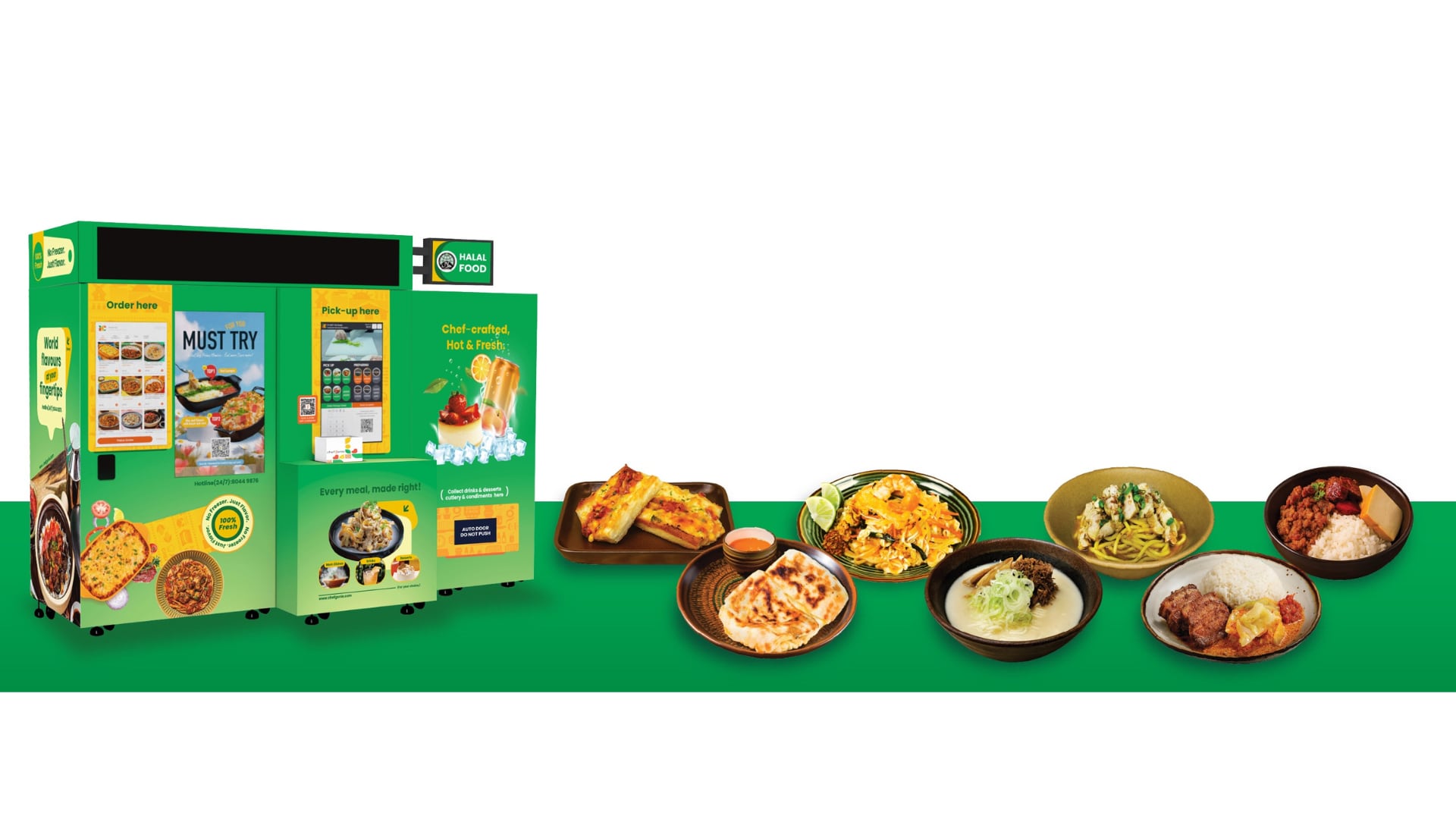
Singapore’s first AI vending machines cooking ready-to-eat (RTE) meals on demand, 24/7 are targeting global growth
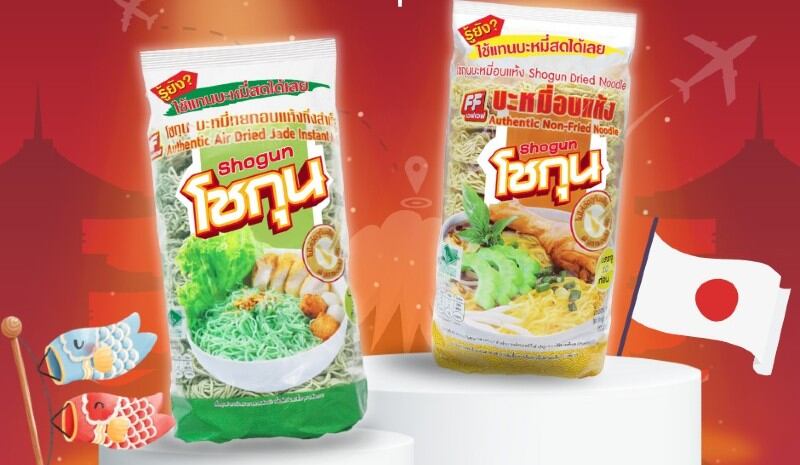
ThaiFex-Anuga Asia 2025
Fashion Food moves beyond snacks with healthy instant rice soups and noodles, tapping into booming convenience and wellness food trends

Consumption of ultra-processed foods (UPFs) across South Asia varies significantly depending on location, age, gender, and socioeconomic status, according to new findings.

New Nestle CEO Philipp Navratil has reset Real Internal Growth (RIG) as his ‘most important’ priority moving forward – but just how will his plans for this impact APAC?
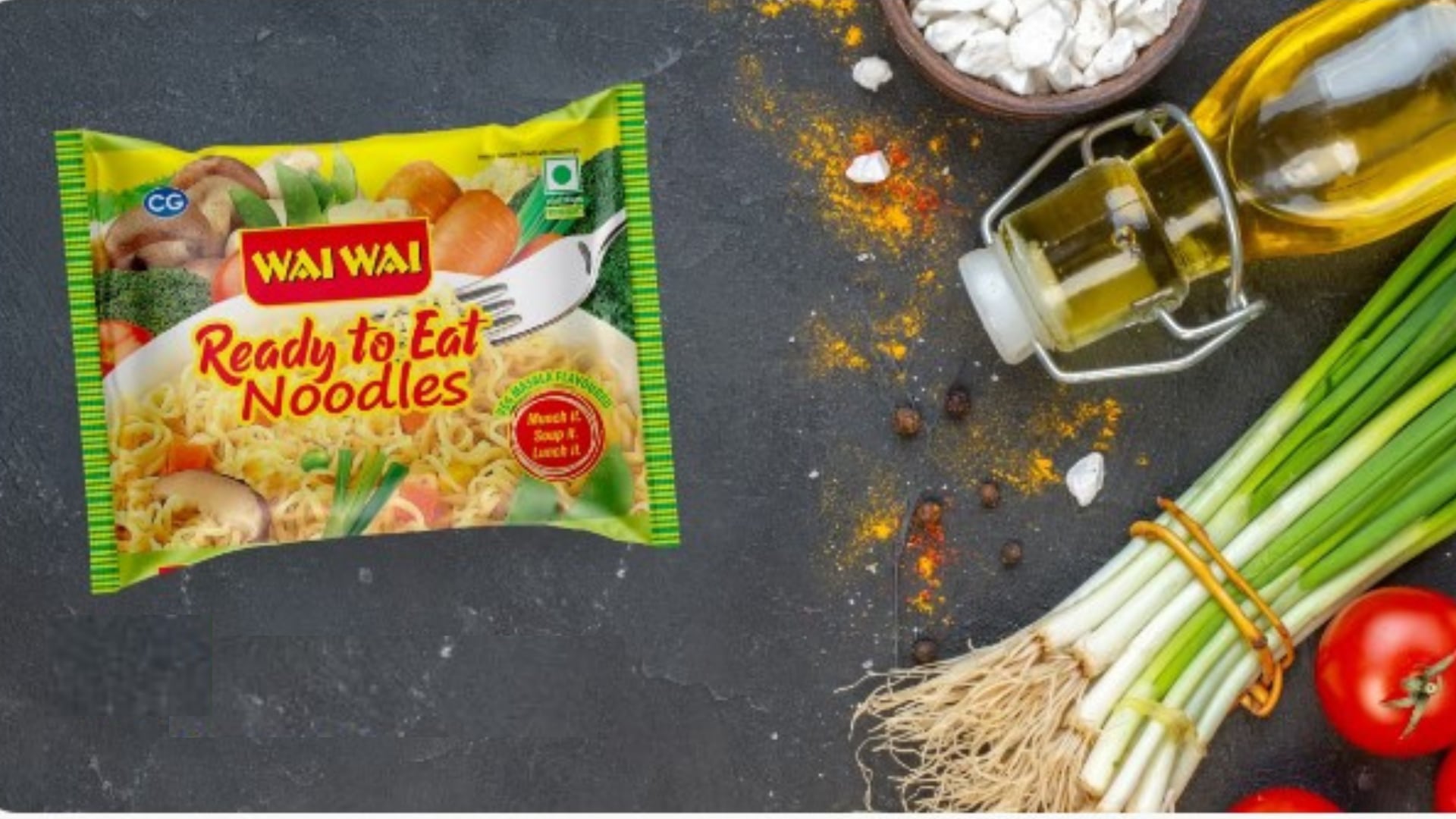
Nepal’s CG Foods is pitching Wai Wai instant noodles as versatile snack and meal alternatives, eyeing entry into Middle East and European markets

Fi Asia 2025
The clean label movement is driving fresh ways to use fruits and vegetables in food manufacturing and product innovation
Fi Asia 2025
China’s Herbal Player has captured traditional ginseng benefits in modern formats such as sodas, aiming to tap on Gen Z interest for convenient functionality

Fashion Food tomato chips, made viral by BLACKPINK’s Jisoo in 2023, have launched bold new flavours and packaging to grow their social media snack success

FSSAI signalled tighter scrutiny of food labelling and advertising to meet global standards after a multi-ministerial consultation

Singapore’s bean-free coffee pioneer Prefer expands into ice cream and chocolate, offering new plant-based treats powered by food tech innovation

As demand for halal food grows, the Middle East is emerging as a strong competitor to South East Asia in global halal manufacturing
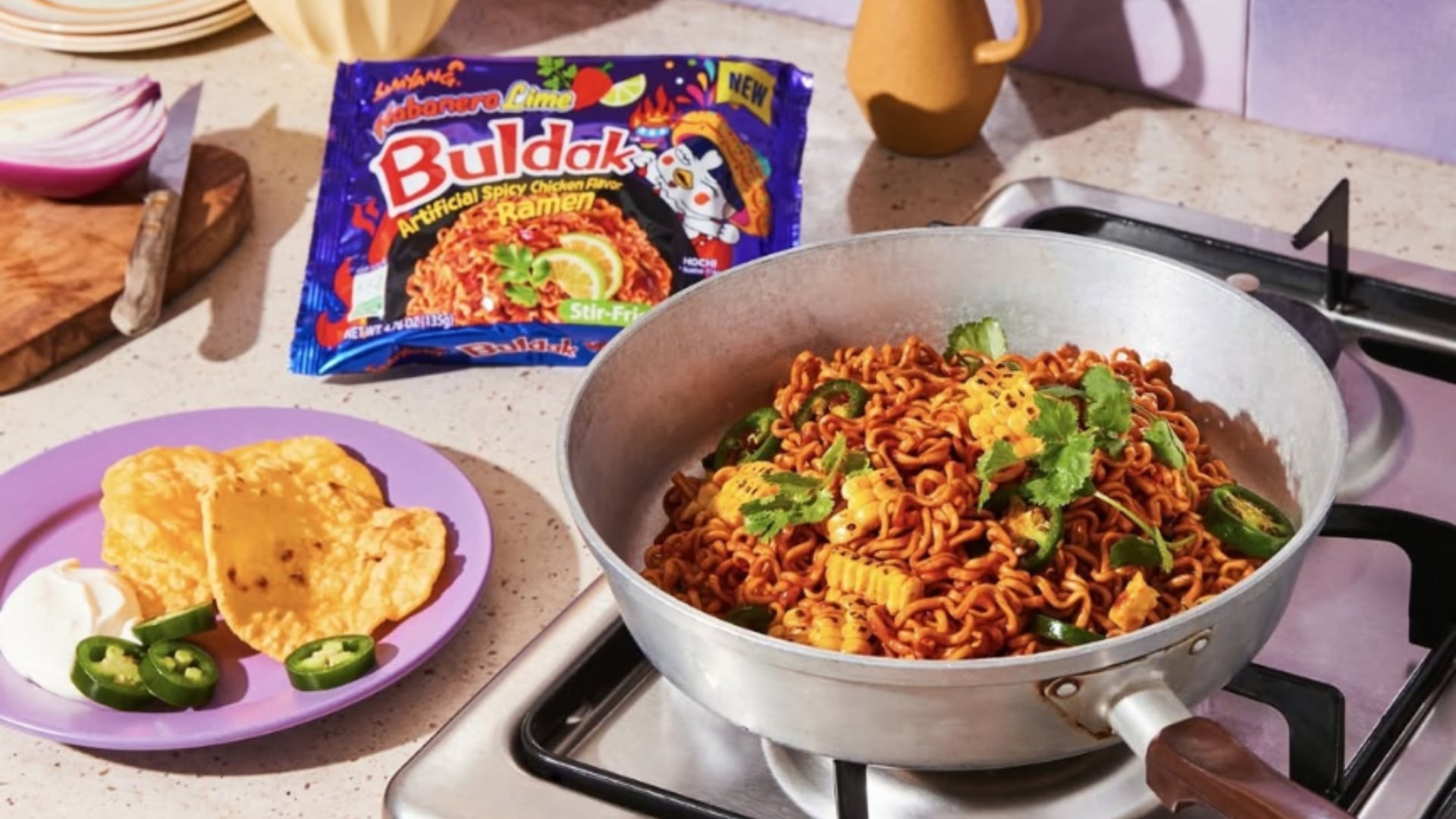
Samyang Foods is ramping up its eco-friendly product development and nutrition-focused offerings as part of a broader sustainability strategy

India’s Zepto license suspension exposes hygiene and safety risks as APAC markets embrace rapid delivery and dark store models

Chinese food brands are making inroads into South East Asia by localising innovation to compete with entrenched global players
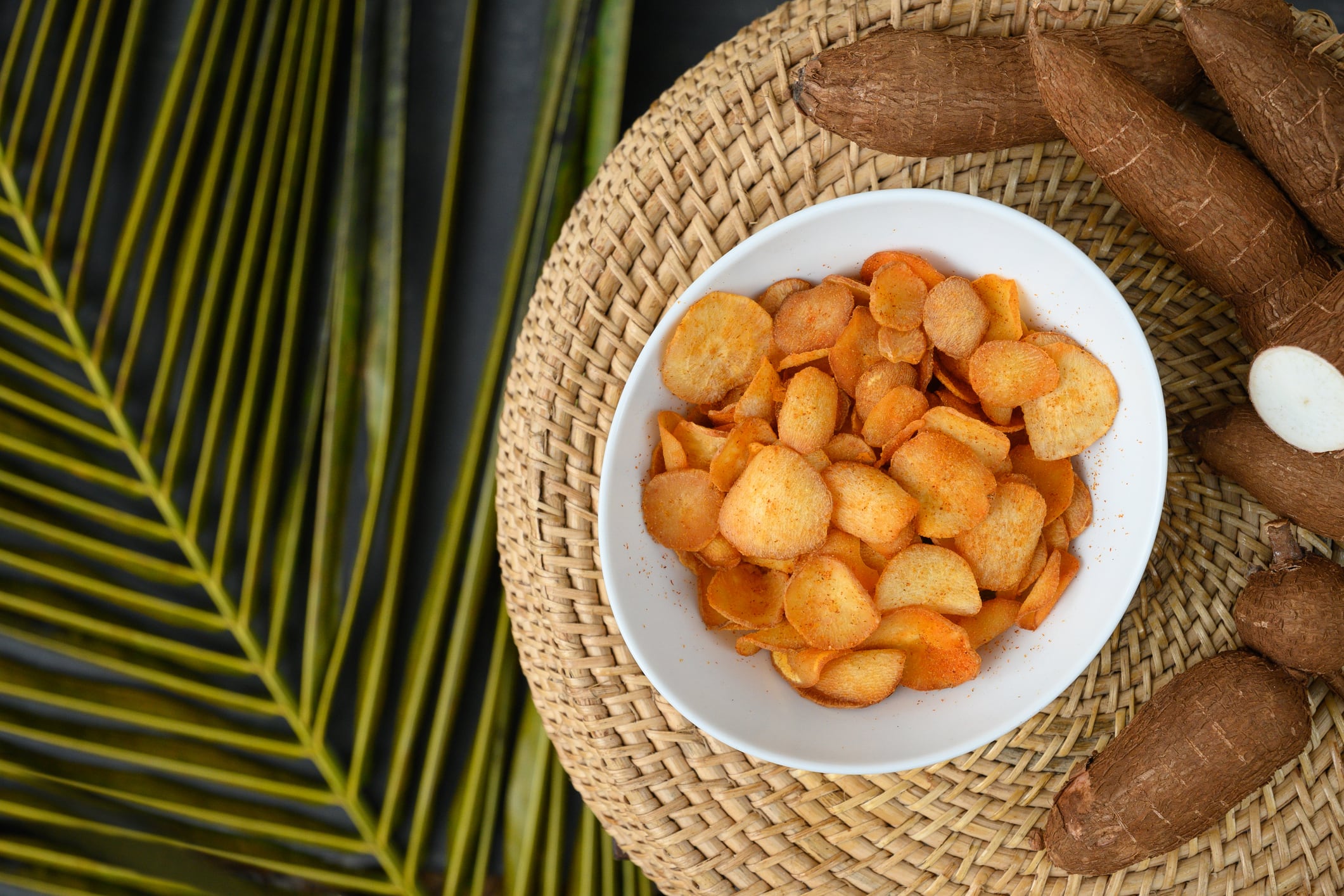
Amid Asia’s dominant megatrend of localisation, presence, customisation, and communication are the 3 key strategies brands must adopt to thrive

Ajinomoto has partnered Solein to create protein-enriched ice cream targeting consumers that value nutrition, health and sustainability in their indulgences

South Korea has seen a spike in food safety violations with the arrival of summer, highlighting concerns over contamination risks and inspection failures
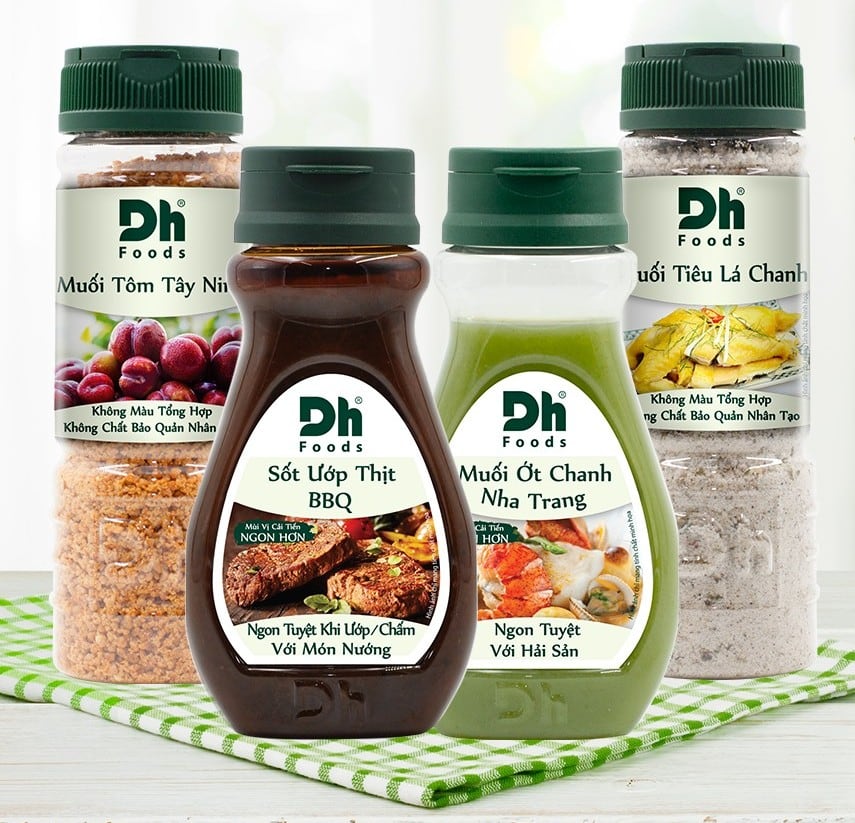
Vietnam’s DH Foods is eyeing 2025 global growth with clean-label sauces and soups, leveraging its additive-free expertise to go mainstream overseas

Online delivery consumers are driven by convenience and emotion towards ‘unhealthy’ foods, but also support making healthier options more affordable
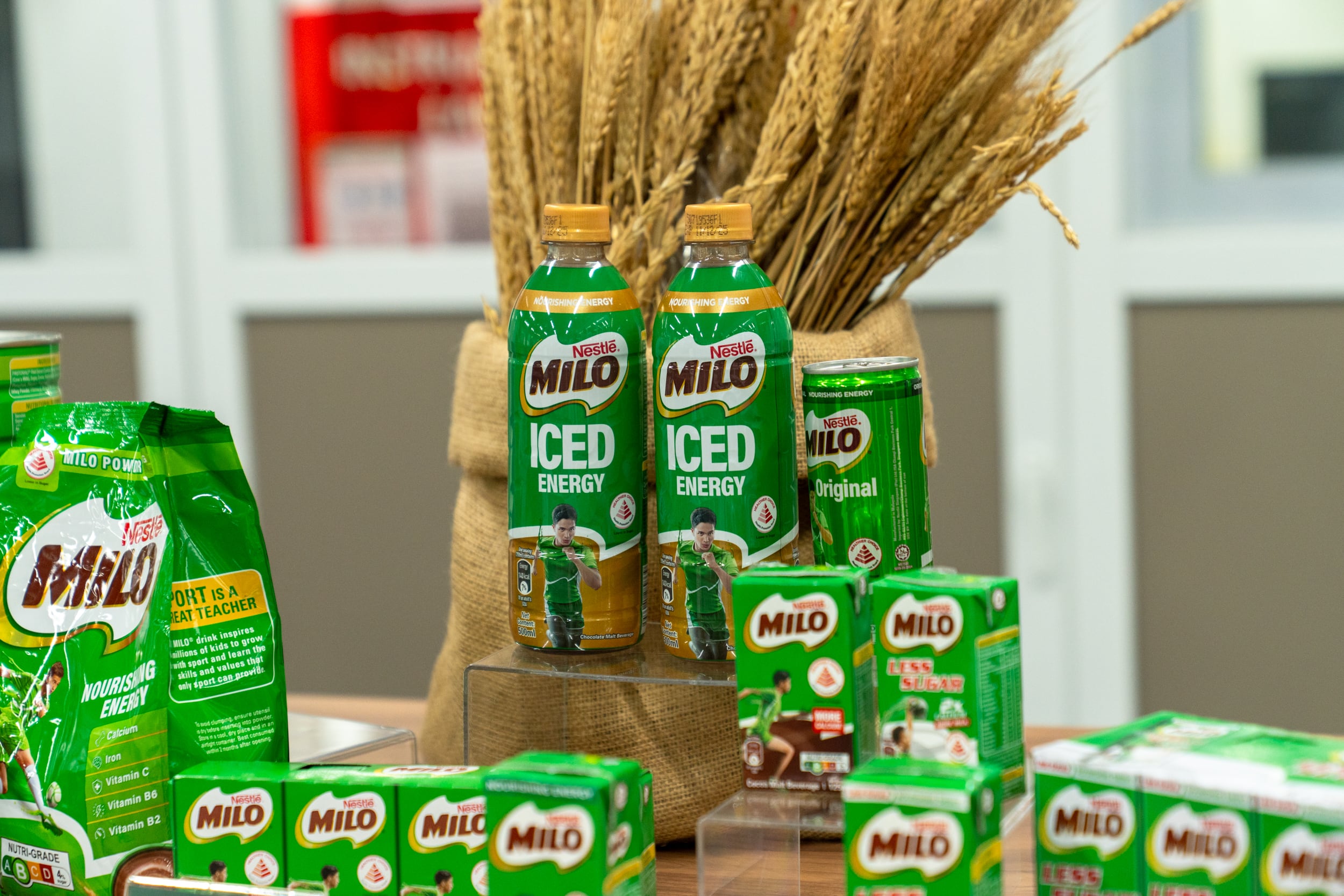
Explore how Nestlé’s MILO is made with rare behind-the-scenes access and exclusive insights into its production, branding, and legacy in Asia

本期“当下热点”包含新加坡 Nutri-Grade、即饮茶 3.0 以及更多社交媒体热门新闻

利便性、アルトプロテイン、AI、その他のトレンドをまとめています。
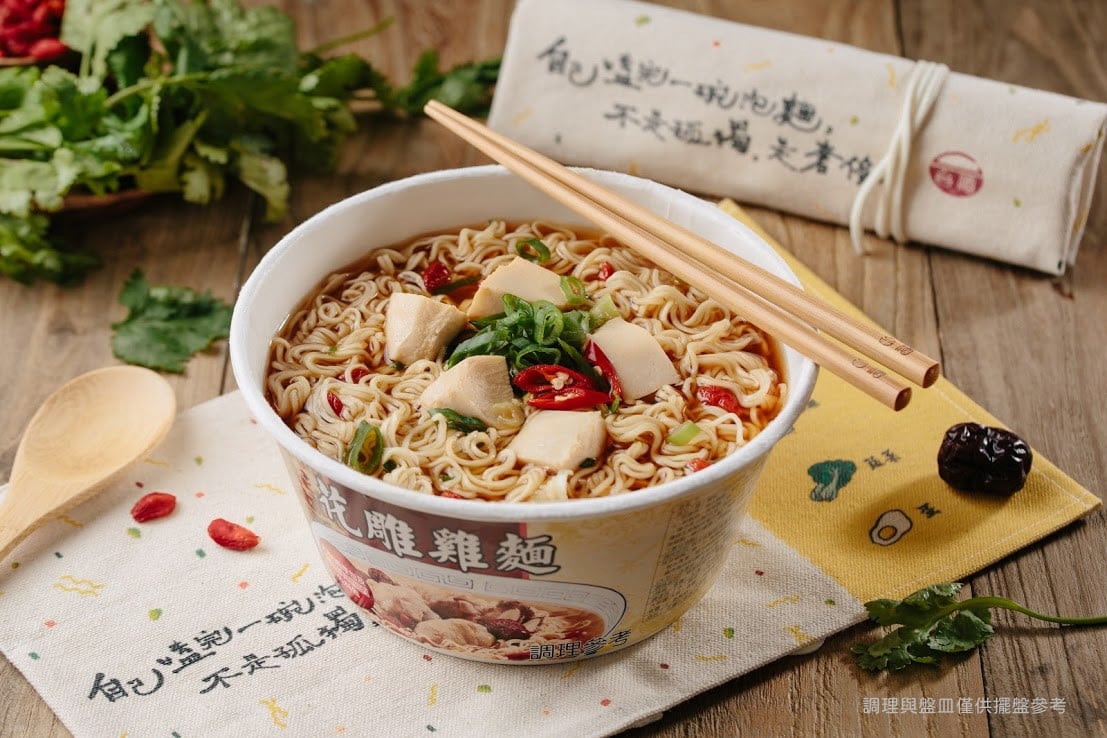
Taiwan’s state distillery has diversified into the food industry with alcohol-based instant noodles, blending beverage expertise with ready-to-eat innovation
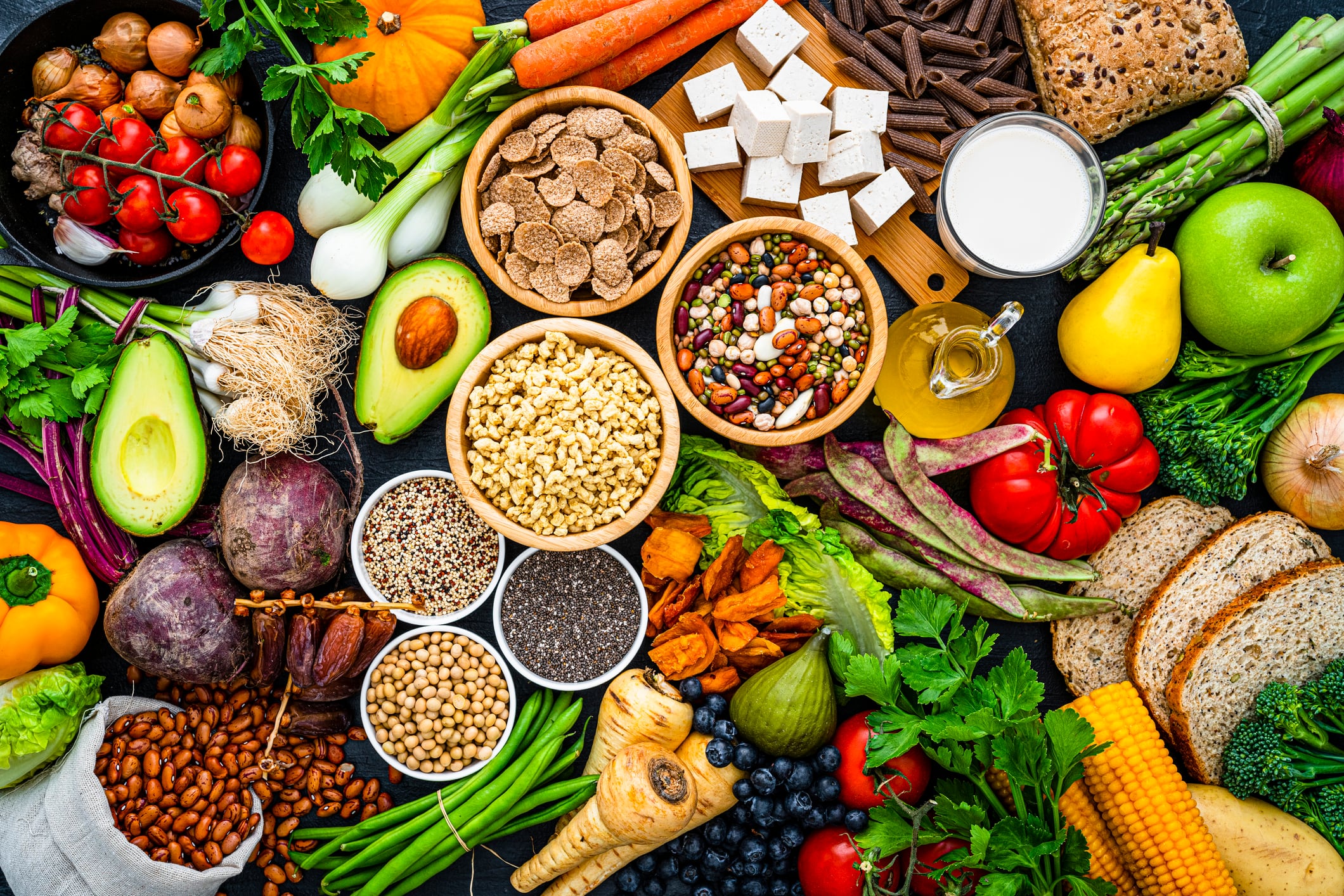
Calming matcha latte, UPFs, high protein chocolate and more feature in this edition of Alt Protein Watch

New research reveals that social media can help reduce food waste but also increases impulsive consumer food purchasing behaviour
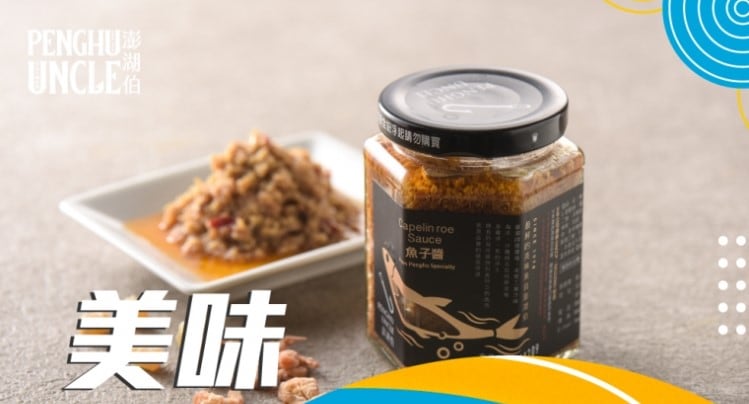
Penghu Uncle has set its sights on Singapore as for its premium seafood-based sauces and snacks, hoping to use it as a springboard into ASEAN
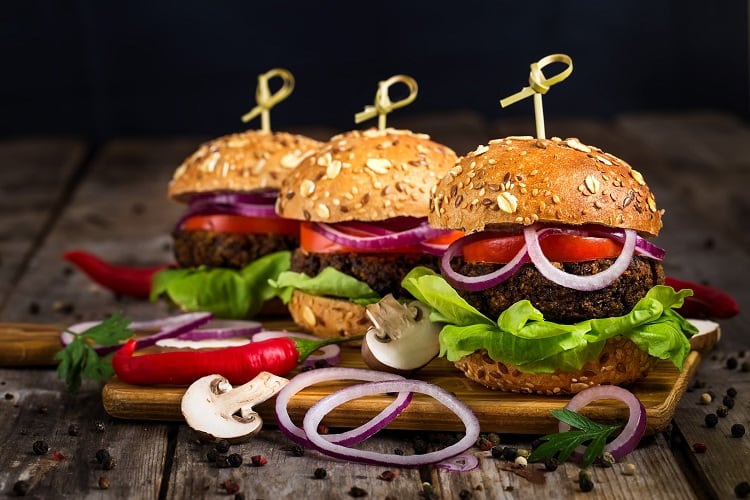
Ultra-processing is often cited as a key factor hindering alternative protein acceptance in Asia – but perhaps better communication is all that is need to solve this quandary
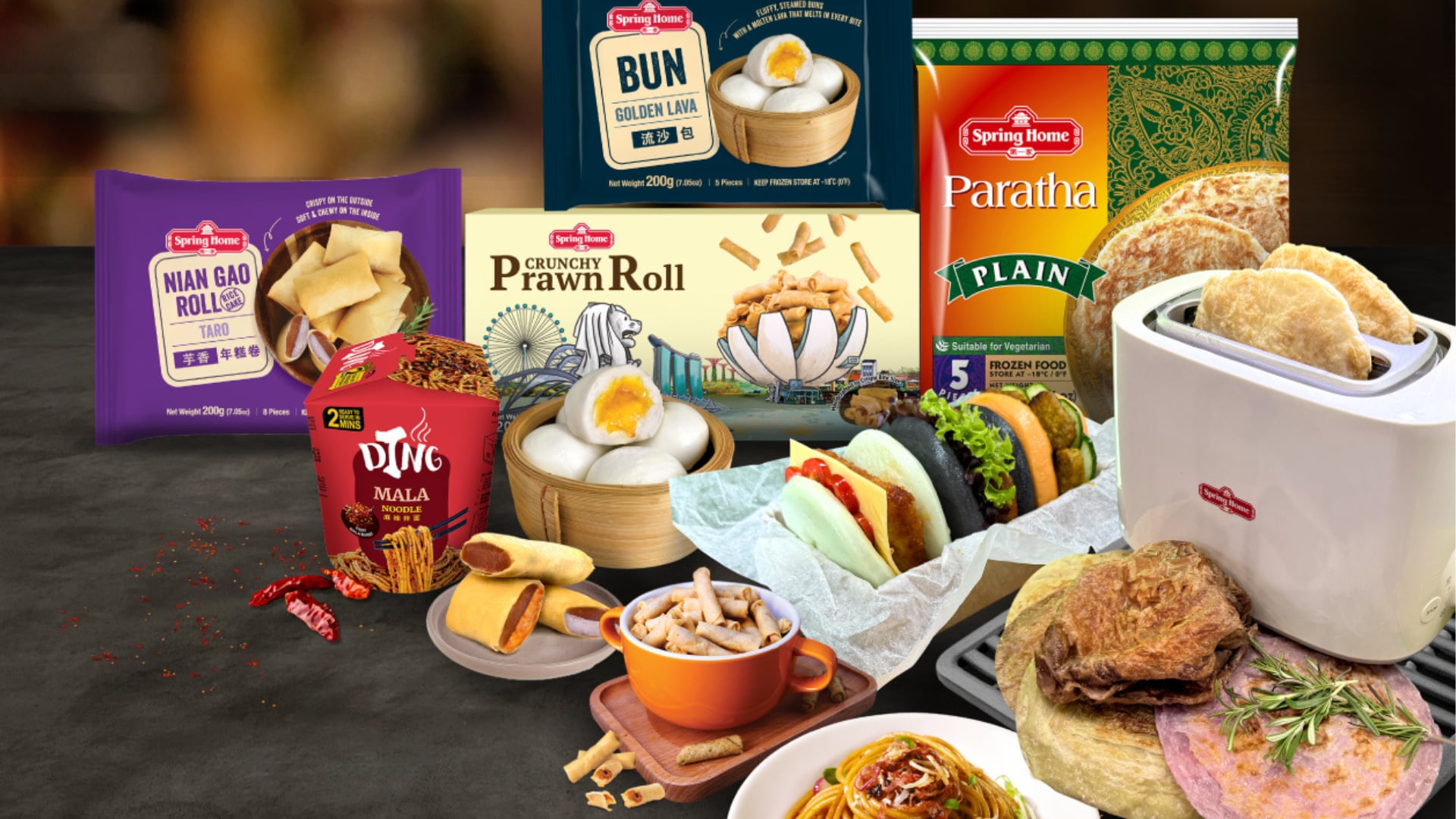
Singapore’s Tee Yih Jia is rolling out new ready-to-eat products and customised food solutions to drive growth in retail and B2B markets.
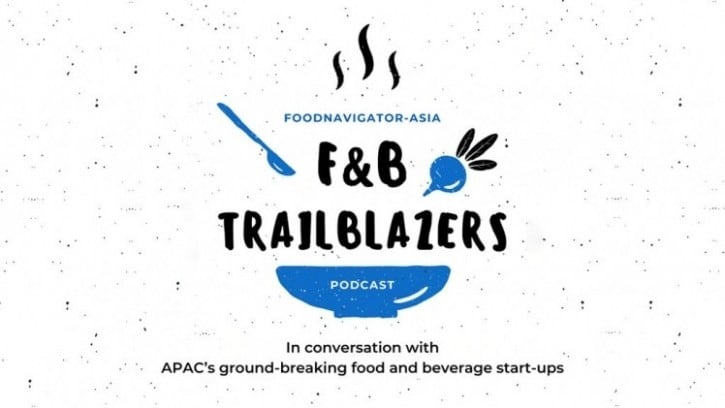
FOOD AND BEVERAGE TRAILBLAZERS
Ready-to-cook (RTC) pastes can tap the rising at-home cooking boom in Asia by including a combo of heritage and convenience in their innovations.

National AI prioritisation by the UAE and South Korea could see both nations leading regional AI usage for the food sector in the near future.

Global instant curry leader House Foods says food innovation needs to eschew passing fads if firms want to build a lasting legacy.

China mushroom specialist Yalexian is banking on rising demand for natural and umami to expand the sales of its products to new markets such as Europe and New Zealand.

Indonesian start-up Dapur Mempura is utilising food trends such as health and wellness as well as upcycled ingredients to modernise traditional local pastries.

South Korea’s Koralo believes that alternative protein products need to offer superfood benefits to entice a new audience.
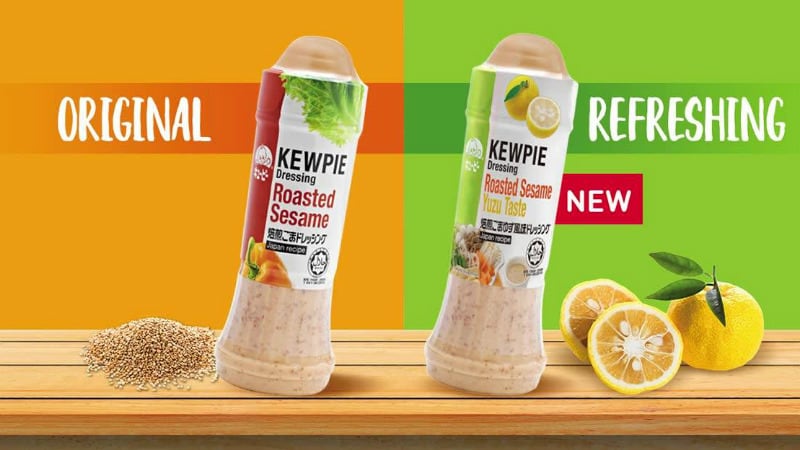
Japan’s Kewpie believes that there is a role for its mayonnaise-based sauces in consumption occasions outside salads in Asia, targeting areas such as RTE meals and bakery.
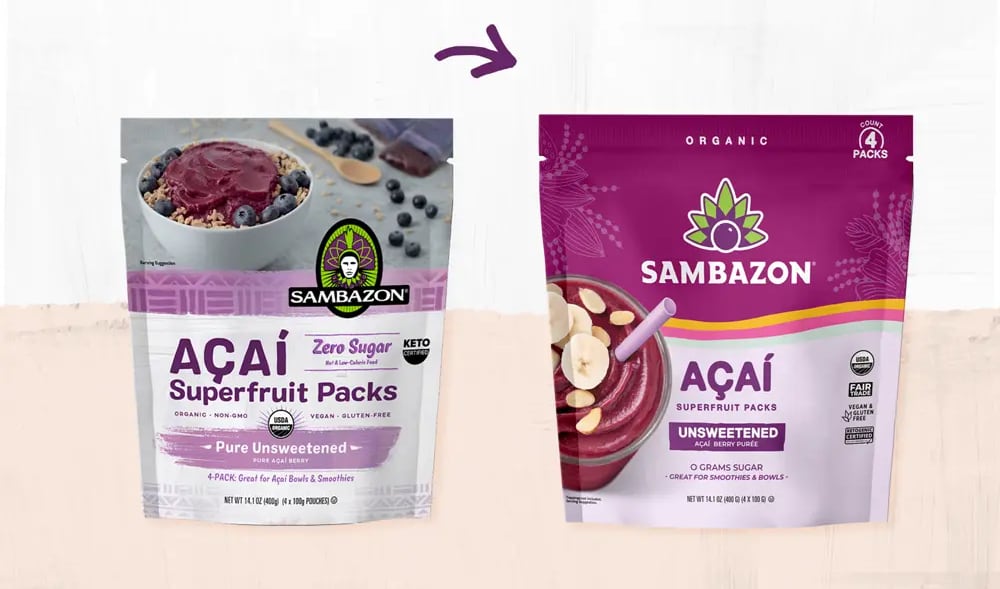
GULFOOD
US-based açaí brand SAMBAZON is prioritising taste testing promotional activities over advertising in the Middle East, with the former has shown strong customer conversion rates.

The Singapore Food Agency (SFA) has introduced new pre-packaged food regulations, with a focus on gluten and improving the clarity of ingredient labelling.

Japan’s Kewpie hopes to apply the expertise it has developed in producing elderly friendly foods in Japan to the China market in light of the latter’s rapidly increasing elderly population size.